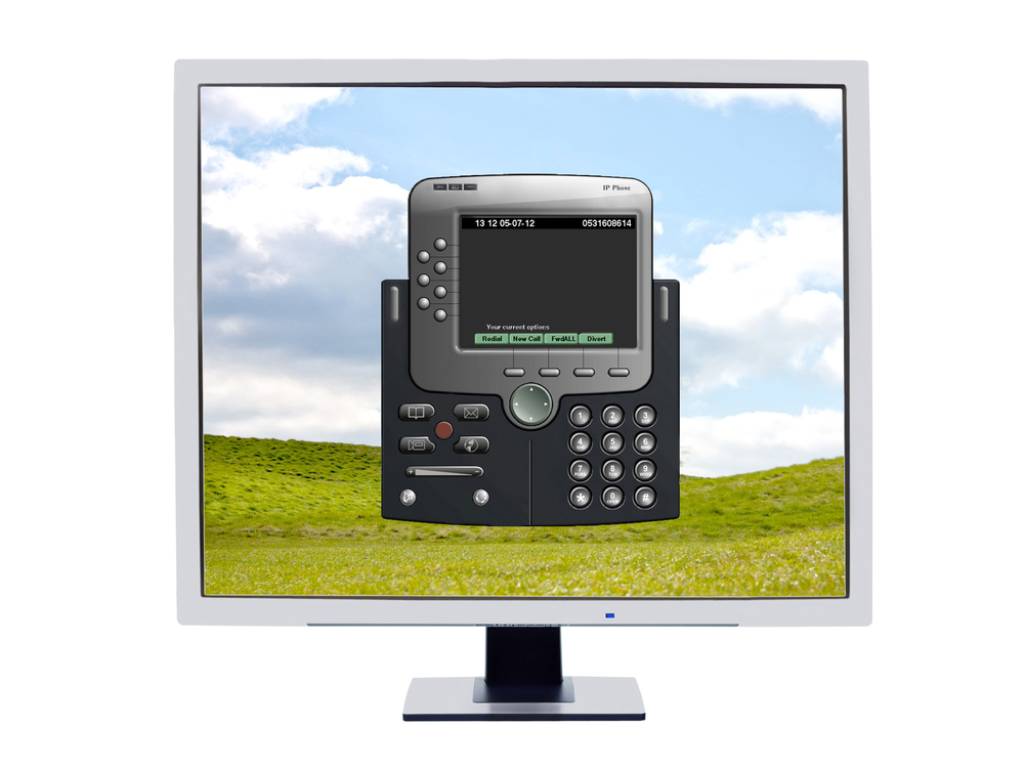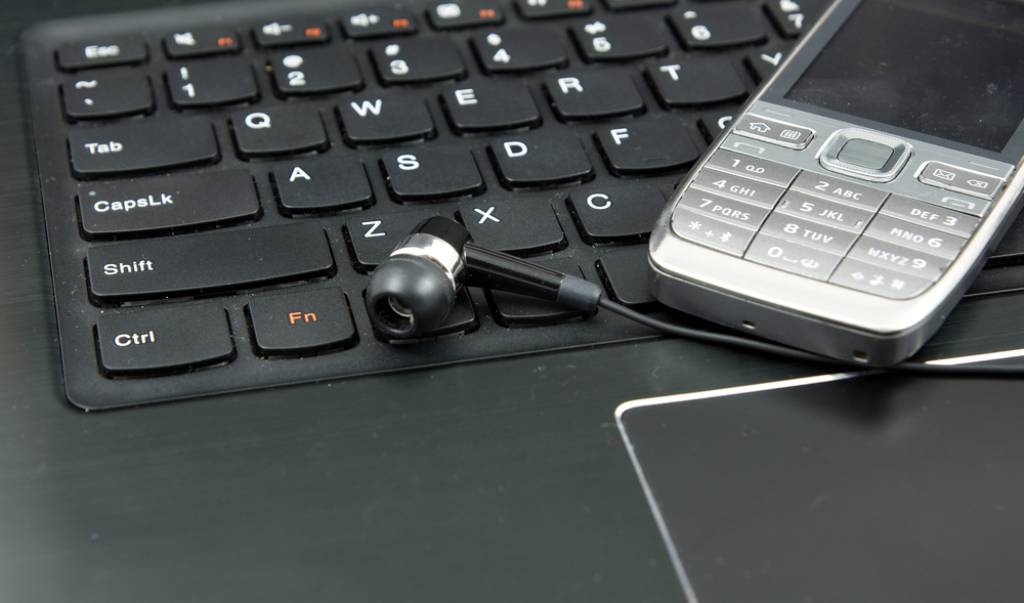As technology continues to evolve, businesses are faced with the decision of which type of phone system they should use. Traditional desk phones, known as hardphones, have been in use for decades, but in recent years, softphones have become more popular.
In this blog post, we will discuss what the differences between hardphones and softphones are, and which system may be best for your business.
What are Hardphones?
Hardphones, also known as desk phones, are a type of business phone that connects to the traditional phone network. They are physical devices with a keypad, display screen, and a handset.
Desk phones are typically used in a traditional office setting and are preferred by businesses that have a large number of employees who require a dedicated phone line. These phones can be customized in several ways, and they come with a range of features, including call waiting, caller ID, voicemail, and more.
In fact, the term “hardphone” is not a word. VoIP phones come in the form of “hard / desk phones” as well. There’s “soft phones” which can me mobile or desktop apps, and there’s “hard phones” which can be analog / traditional or VoIP versions.
What is the Difference Between Hard and Soft Phones?
A softphone, on the other hand, is a piece of software or application that is installed on your computer, tablet, or mobile device that allows you to make and receive calls over the internet.
Unlike hardphones, softphones do not require a physical phone line, which is why they are often called VoIP phones. Instead, they use the internet to transmit voice calls, video calls, and text messages.
Softphones are more flexible and less expensive than hardphones, and they allow you to manage your calls and messages from a single platform.
What is the Difference in Setup for VoIP Softphones VS Hardphones?
Another factor to consider when choosing between hardphones vs softphones is their setup and installation. With softphones, it’s as simple as downloading the software on the desired device and setting it up for use.
Hardphones require physical installation, which includes wiring, configuration, and installation. While both options require setup time, hardphones may take longer to set up in some cases. That said, once hardphones are installed and configured, their reliability and stability often surpass softphones.
What is the Difference in Features of Softphones and Hardphones?
In terms of functionality, both softphones and hardphones offer similar features, such as call forwarding, voicemail, call waiting, and more.
However, softphones tend to offer more advanced capabilities such as video conferencing, collaboration, presentation sharing, and screen sharing. These features may make softphones the better option for businesses looking for a more comprehensive communication system.
What is the Cost Difference?
Another critical consideration is cost. Softphones are generally the more cost-effective option as they do not require costly hardware purchases.
Hardphones may require upfront costs for equipment and installation. However, it’s worth noting that hardphones offer better long-term value in most cases. You can resell your hardware after you no longer use it.
What are the Benefits of a Softphone?
One of the main benefits of using a softphone is that it is less expensive than using a traditional desk phone. Softphones are cost-effective because they do not require any hardware to be set up, so there are no installation or maintenance costs to worry about.
Softphones are also more flexible than hardphones. You can use a softphone from anywhere with an internet connection, allowing you to work remotely or take your phone with you on the go.
Can You Receive Calls on a Softphone?
Yes, you can receive calls on a softphone. Softphones operate just like traditional desk phones in that they can receive incoming calls, place outgoing calls, and manage call features like call forwarding and voicemail. You can use your computer’s speakers and microphone, or you can use a headset to make and receive calls.
If you’re considering a call center softphone vs hardphone, consider if speed is a factor. Hardphones are typically slower to operate due to their physicality. Softphones are fast and easy to deploy and maintain, and your admins can implement and update VoIP software across all of your softphone machines in one go.
How Do You Use a Softphone?
To use a softphone, you will need to install software on your device that will allow you to connect to your VoIP phone service. Once the software is installed, you can make and receive calls using your computer, tablet, or mobile device. You can also use a headset or a microphone/speaker combo to make calls.
The Right Decision Depends on Your Business Needs
Choosing the right phone system for your business can be a challenging task. hardphones have been the standard for many years, but with the rise of VoIP technology, softphones have become an attractive alternative.
The decision between hardphones and softphones comes down to personal preference, budget, and desired features. If your business prioritizes mobility and cost-effectiveness or has a geographically dispersed team, then softphones may be the best option for you.
If your business requires a large number of dedicated phone lines or if you need a reliable, high-quality communication system that is tied to one place, you should consider investing in hardphones.
At Intratel Communications, we provide both options and top-notch customer service to help you make an informed decision. We’re the go-to provider of both hardphones and softphones in Canada. No matter what option you choose, it’s essential to have a reliable and efficient communication system to keep your business running smoothly.

